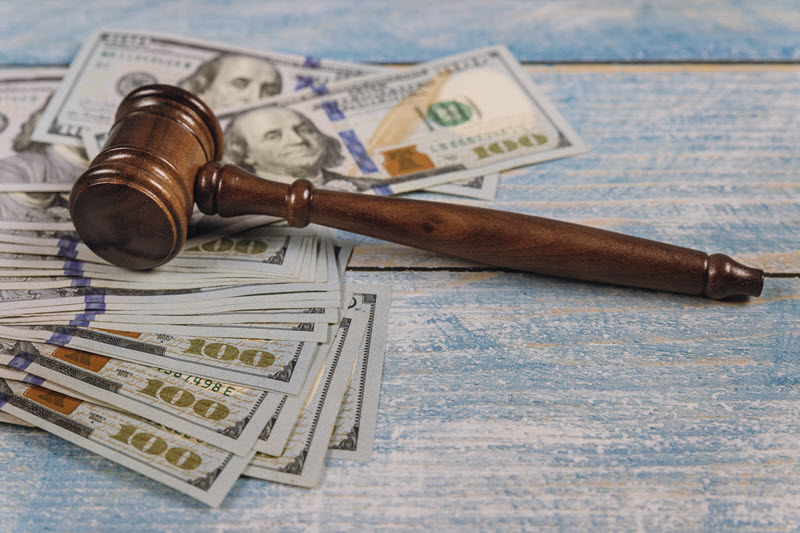The question that every plaintiff wants to have answered
How much is my personal injury or medical malpractice case worth?
This is the question that every plaintiff wants to have answered as early as possible and every sensible attorney wants to avoid for as long as possible. Although defendants like to believe that certain injuries have a certain value and may even use computers to justify their offers, a good plaintiff’s personal injury attorney knows that every person and case is unique. My thirty-plus years of practicing in this field have led me to believe the following as inevitable truths regarding the value of a particular case:
1. A case, like a baby, has an uncertain future and takes time to develop. It is impossible to accurately predict what he or she will be like at maturity.
2. Unfortunately, the greater and longer-lasting the injury, the greater the potential value of the case. I always advise my clients that it is much better that they have an excellent recovery from their injuries and collect very little money. The alternative is well compensated but suffering miserably. In other words, a plaintiff should hope that their case has no value.
3. A personal injury, dental or medical malpractice case actually has no inherent value. At the end of the day, it is only worth what an insurance company is willing to settle for when its back is against the wall. Alternatively, a case is worth what a jury ultimately awards the plaintiff. However, even the latter value is less than certain, because an award can always be set aside by a judge or appellate court if they do not find the amount of the award to be proper.
4. When a case reaches maturity, a multitude of factors come into play in determining fair value. Like it or not, juries are made up of human beings whose decisions can be impacted by their own prejudices and perceptions, fair or not. Accordingly, some of the important factors include, in no particular order;
*The likeability of the plaintiff,
*The like-ability of the defendant,
*The relative certainty that a fact finder will determine that the defendant’s negligence was the primary cause of the plaintiff’s injuries,
*Whether or not the plaintiff had any prior similar injuries or conditions that could have caused or contributed to the injuries,
*The defendant’s insurance company and how they view certain claims,
*The adjuster handling the claim,
*The reputation of the plaintiff’s attorney and his or her ability, experience, and determination,
*The motivations of the defendant’s attorney,
*What kind of witness the plaintiff makes, how they performed at their deposition and how well they are able to communicate their injuries, pain and limitations,
*The extent of the injuries, the degree and length of the plaintiff’s pain and suffering, and the impact that the injuries have had, and will have, on the plaintiff’s normal daily routine and lifestyle,
*The quality of the plaintiff’s experts and their ability to explain the medicine and/or other issues important to the case,
*The amount of past and anticipated future medical expenses to treat the injuries or conditions,
*Past and future loss of income or opportunity,
*Any number of other factors that may be applicable to the type of case involved.
5. It is not hard to understand, that after taking into account all of these considerations, it is difficult to put an exact value on a particular case. Rather, mature cases have a value that can only be expressed in a certain range. Depending on the relative severity of damages in a given case, this disparity in the low and high range can be as little as hundreds of dollars and as much as hundreds of thousands of dollars.
6. Ultimately, the value of a case comes down to a game of chicken. Is the plaintiff willing to risk a firm and take his or her chances at trial? Is the plaintiff’s attorney willing to risk expending substantial sums and a potential fee to give the client a chance to recover more than what has been offered? Finally, is the defendant’s insurance company willing to risk a verdict that could be substantially more than they are able to settle the case for before a trial?
So if you have a personal injury, dental malpractice, or medical malpractice claim, don’t ask your attorney the dreaded question until the case has matured. If you cannot control yourself and an attorney tells you the relative value of your claim before this time, chances are you can’t take it to the bank.





